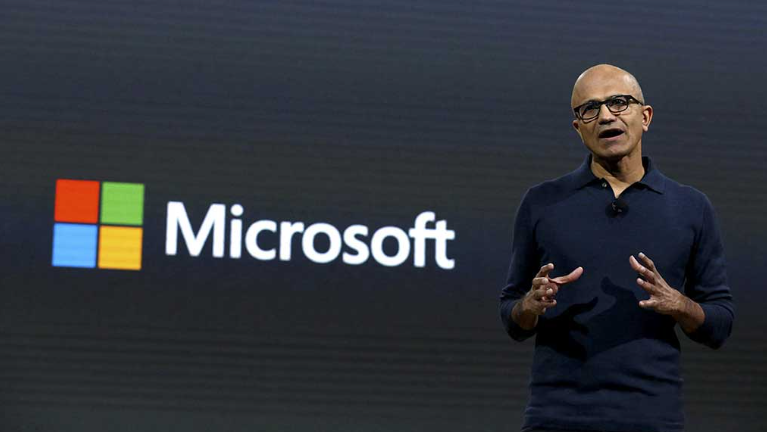Microsoft's work on artificial intelligence (AI) has increased its carbon emissions, which the company is trying to reduce.
US software giant Microsoft is looking at processing human waste to reduce carbon dioxide or pollution in the environment. In this new method, they will send human waste about five thousand feet underground.
Microsoft's work on artificial intelligence (AI) has increased its carbon emissions, which the company is trying to reduce. For this, Microsoft will use this strange method to reduce greenhouse gas or harmful gas pollution from the air, the British daily Independent reported.
In an announcement on Thursday, Microsoft said that they have signed a deal to remove 4.9 million metric tons of environmentally friendly carbon dioxide from a company called 'Vaulted Deep'. The company produces a mixture called 'bioslurry', which is made from human waste and agricultural waste. They pump this mixture deep into the ground, in exchange for which the company receives carbon credits or recognition for reducing pollution in the environment.
Microsoft's agreement will start next year and last for the next 12 years. Every time the company sends a ton of carbon underground, they will receive a 'carbon credit', which will provide proof that the technology giant has reduced pollution from the environment.
"We take different types of organic waste," said Julia Richelstein, co-founder and CEO of 'Vaulted Deep'.
"It's soft, mud-like and mostly untreated organic waste, which is currently causing problems above ground. We take this waste and put it very deep into the ground. So that the carbon can be permanently removed from the environment."
The waste that the company uses is usually completely solid, not liquid or gas. Such waste is difficult to treat and is often dumped in the field. This causes soil nutrients to leach into the water, creating pollution and harmful chemicals called ‘PFAS’ or ‘persistent chemicals’ to spread through the water into the environment.
The ‘vaulted deep’ collects this waste and pumps it deep beneath the natural rock of the surface. They then sell carbon credits based on the amount of carbon stored underground. The Independent reports that the value of these credits is currently around $350 per metric ton.
Between 2020 and 2024, corporations such as Microsoft released 750 million tonnes of carbon dioxide into the atmosphere. They hope that by storing organic waste thousands of feet deep, the company will be able to meet its carbon emission targets.
The Independent writes that Microsoft has bought a lot of carbon credits so far. They have received a total of more than 83 million tons of carbon credits. Of which 59 million tons this year The company has bought the credits. But that number doesn’t include Microsoft’s deal with Vaulted Deep.
Brian Mars, senior director of Microsoft’s energy and carbon removal division, described the investment in Vaulted Deep as a win-win.
An a essence, they are stealing biosolids, which are primarily dispersed on land at the moment. They can create nutrients and other pollutants in various water sources.
“This method allows these biosolids to be trapped in a place where they won’t cause problems for the environment and the carbon won’t mix with the air, so it’s a win-win situation, which is very important to us.

